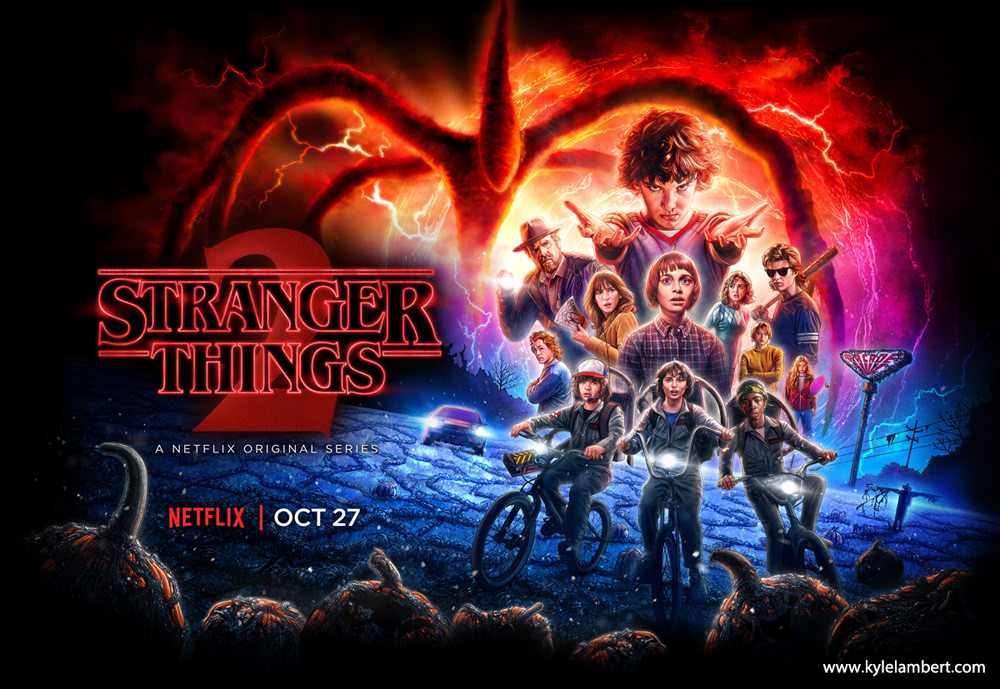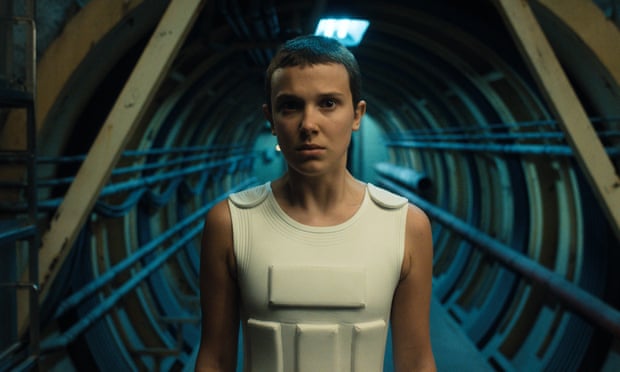Still drawing from the canon of jangly, guitar-centric 1980s college rock, the Melbourne band’s latest infuses the easygoing vibe with nuanced political songwriting.
Most bands are distinguished by their frontperson; Rolling Blackouts Coastal Fever are distinguished by the absence of one. The Melbourne indie rock band has three guitarists who alternate lead vocals—Fran Keaney, Tom Russo, and Joe White—and while they’re all capable singers, none is a natural made-for-the-spotlight type. Between their personable, if modest, voices and the relentless, high-octane jangle of the guitars, the effect is like one of those periodic R.E.M. songs where the bassist sings lead, except Michael Stipe doesn’t return after it’s over. It’s just always a different guy who’s not Michael Stipe up next.
While vocals may be something of an afterthought for this band, the guitars themselves are anything but. They’re Rolling Blackouts’ reason for being, and they spout from every crevice of the group’s third album, Endless Rooms, like jets in an especially luxurious whirlpool tub. The album never stops paying off with fidgety riffs, voluptuous tones, and sparkling flourishes. Though the band’s purview remains 1980s college rock, they mine so many shades and distinct variations that each song feels like a pull of a slot machine. Wound by nervous, frenzied guitars, “Tidal River” teeters with the volatile edge of Heaven Up Here-era Echo and the Bunnymen, while “Blue Eye Lake,” with its accents of post-punk and psychedelia, conjures the nocturnal shimmer of the Church. “Dive Deep,” meanwhile, takes a turn toward the glammy with the record’s slickest, showiest lead guitar heroics. For a band that arrived so fully formed, their sound has only continued to grow richer, the details around its edges more articulated.



